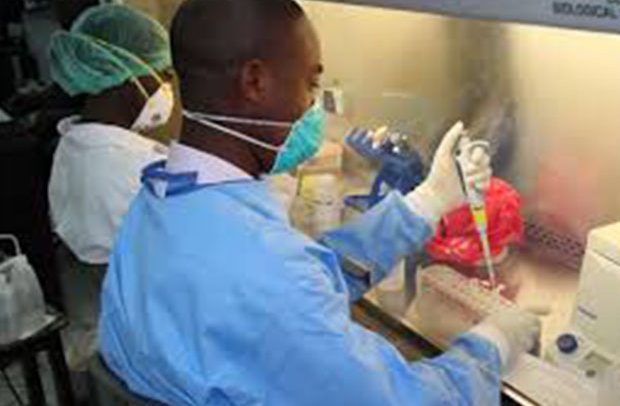News last week about the Noguchi Institute for Medical Research (NIMR) of the University of Ghana, Legon testing a number of local medicine samples for possible therapies for Covid-19 was exhilarating.
It is a piece of information which indicates the seriousness with which the relevant authorities attach to the search for a therapy for the stubborn disease, not limiting to the outcome of works in laboratories of conglomerate pharmaceutical companies.
Until now, the optics that local herbalists cannot get on with their orthodox counterparts stood tall, leaving many people to regard the seeming refusal of our scientists to engage our herbalists as a mark of arrogance and contempt.
That perception has been deflated by this heartwarming development.
With the recent claim by Sheikh Dr. Amin Bonsu, proprietor of the Amen Scientific Herbal Medical Centre and lead scientist/alternative medicine expert at the widely patronized facility, that he has treated three Covid-19 patients, all of them domiciled in the US and the UK, a verifiable assertion, the need to test the efficacy of the assortment of local medicines could not have come a better time.
Dr. Bonsu, during his interview with the ‘Daily Guide’ recently, was eager for such cooperation with relevant state agencies, such as the NIMR and others, towards discovering a remedy for the disease.
The questions on the lips of many Ghanaians in the light of Dr. Bonsu’s disclosures during the interview were why there was no interaction between our alternative medical delivery personnel and the state agencies. Now, that has begun and we the people of Ghana shall be the beneficiaries.
Of course, the dividends that could come the way of Ghana should there be a breakthrough in discovering a local therapy would be unquantifiable.
Prof. Abraham Kwabena Annan, Director of the NIMR, let out the major details about work the institute is doing on the samples in their laboratories.
Such openness on the part of the Prof. would go a long way in encouraging herbalists to show what they have on their sleeves to the state agencies for examination and possible certification.
Under the prevailing circumstances, being dismissive about those who come up with their medicinal samples is not the most appropriate way to go. It is for this reason that Prof. Annan’s approach is commendable.
While we appreciate local therapies as alternative interventions in the health delivery system, we are aware nonetheless that the need for studies to determine their efficacies, side effects and sometimes toxicity levels is important.
The foregone are what the NIMR is doing and considering the director’s level of confidence that something positive could come out at last we shall keep our fingers crossed until the day that the ‘eureka’ remark would be uttered by the collaborators in these efforts.
The Food and Drugs Authority (FDA), Ghana Health Service and the NIMR must all ramp up efforts as they play their individual yet critical parts in the studies. We shall only wish them Godspeed in this onerous task.

